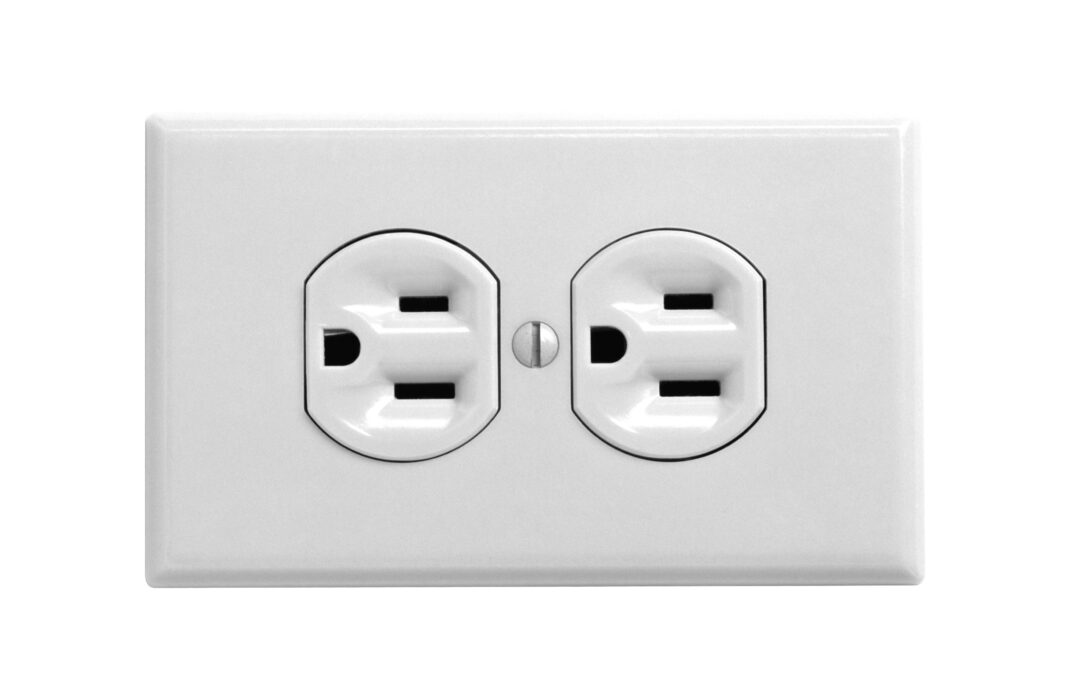Choosing the right residential receptacles for your Florida home is primarily for safety, functionality, and convenience. Whether you’re updating your current electrical setup or outfitting a new home, understanding the key factors involved can help you make the best choice.
Understanding Electrical Load and Wattage
Assess your home’s electrical load and wattage requirements before selecting a receptacle. Start by calculating the total load in amperes (amps) and volts. This will determine the size of the circuit you need. For most residential applications, standard receptacles typically handle 15 to 20 amps. However, high-power appliances or specific areas may require dedicated circuits with higher amperage.
In Florida, the combination of high humidity and heat can put a strain on electrical systems, making it important to choose receptacles that can handle the load without overheating. Consult a professional electrician for a thorough assessment and to make sure your home’s electrical system is safe and up to code.
Choosing the Right Grounding and Polarity
Grounding and polarity both allow for the safety and functionality of electrical systems. Proper grounding helps prevent electrical shocks and ensure that your devices operate correctly. Most receptacles should be grounded for residential applications, especially in areas prone to moisture, such as kitchens and bathrooms.
In Florida, where floods and high humidity are common, selecting receptacles with strong grounding is especially important. Check that any receptacles installed in moist locations are rated for such circumstances and comply with local building requirements.
Selecting Tamper-Resistant and Arc Fault Protection
Tamper-Resistant (TR) receptacles are designed for safety as they prevent accidental contact with live electrical components. These are especially important in homes with young children or pets. Florida’s building codes often require TR receptacles in certain areas of the home to minimize the risk of electrical accidents.
Arc Fault Circuit Interrupter (AFCI) receptacles provide additional protection by detecting and interrupting electrical arcs that could lead to fires. In Florida, where lightning strikes and electrical surges are common, AFCI receptacles can offer extra safety by preventing potential fire hazards.
Determining the Number of Outlets Neededessential
Determining how many outlets each room needs is key to selecting the right type and placement of receptacles. Consider your home’s layout, along with where furniture, appliances, and electronics will be positioned. Overloading a single outlet can pose safety risks, so it’s important to plan your receptacle locations to confirm there are enough to meet your needs.
In Florida, where air conditioning units and other high-power devices are widely used, dedicated outlets are necessary to prevent overloads and potential electrical problems.
Considering Design and Aesthetics
While functionality and safety are the primary concerns, the design and aesthetics of receptacles can also influence your decision. Receptacles come in various finishes and shapes that complement your home’s décor. Choose a style that aligns with the overall design of your space, whether it’s modern, traditional, or something in between.
For expert advice and professional installation of residential receptacles in Florida, trust our team at Kazar’s Electric Inc. We are dedicated to providing high-quality electrical solutions tailored to your needs. Contact us today to schedule a consultation and ensure your home’s electrical system is safe and reliable.

